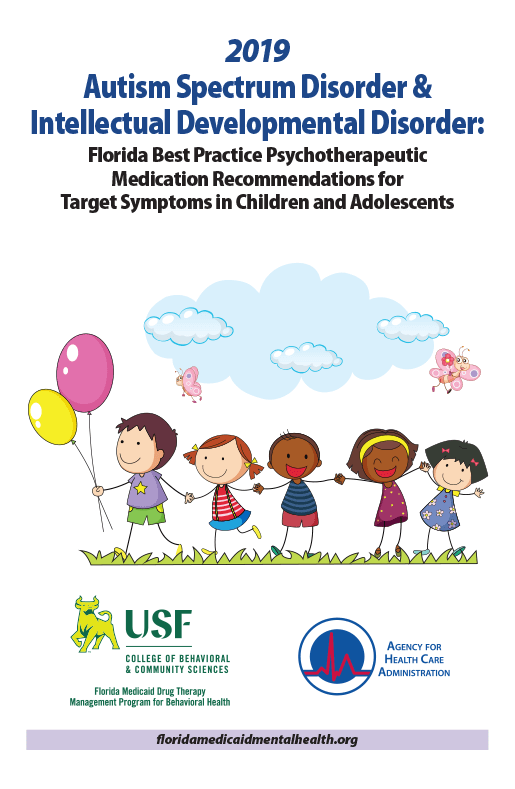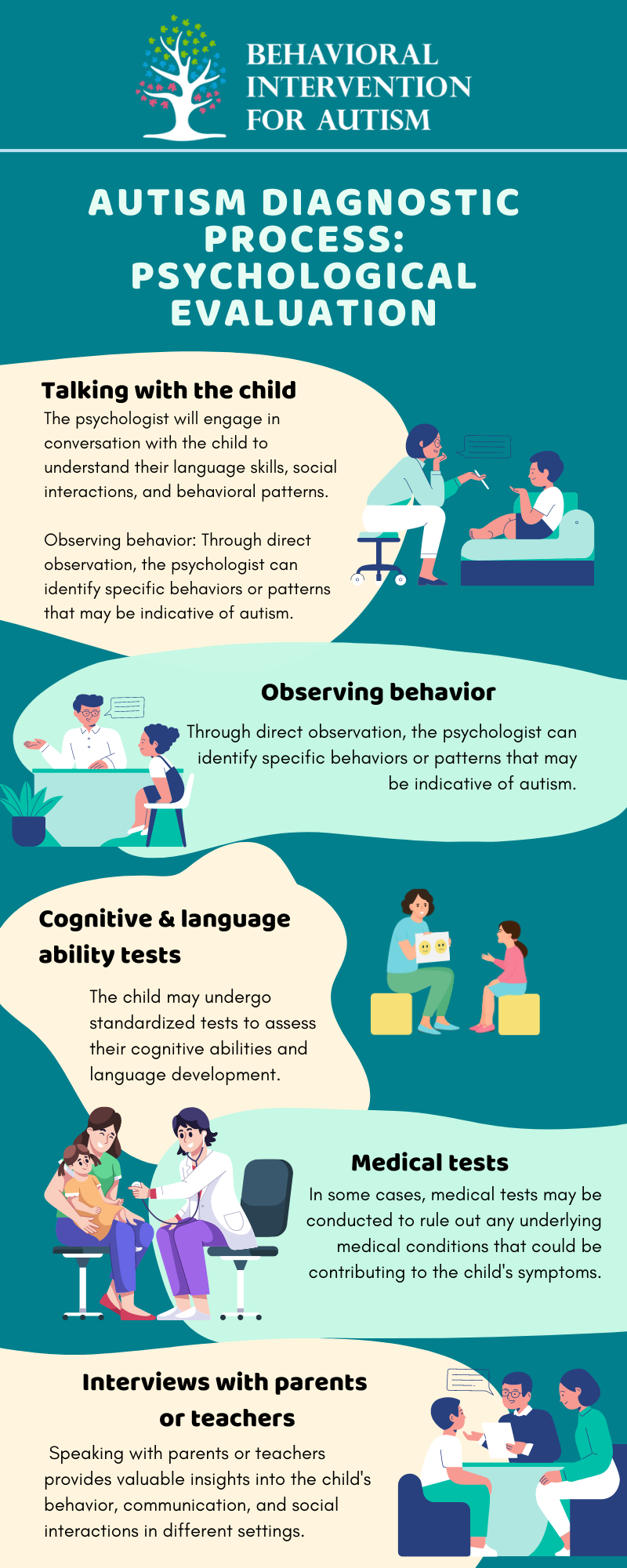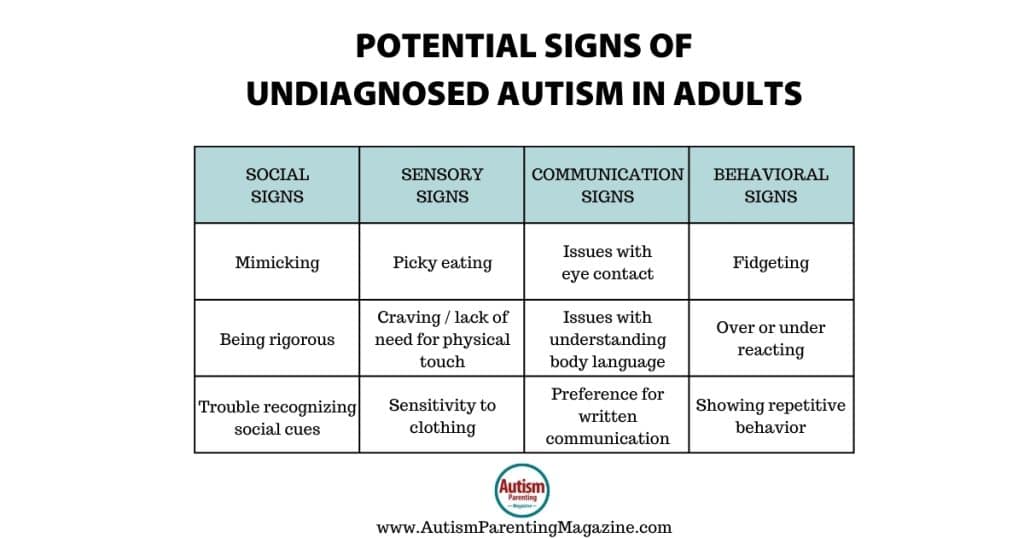Simple techniques an Aba Therapist Near Me may use to boost interaction
Simple techniques an Aba Therapist Near Me may use to boost interaction
Blog Article
Understanding the Impact of Behavioral Autism on Daily Life and Social Communications
You might not recognize how deeply behavioral autism affects day-to-day live and social interactions. Individuals on the range usually browse a world loaded with communication hurdles and sensory overload. These challenges can cause disappointment and seclusion, influencing their relationships and overall wellness. Recognizing these nuances is crucial for fostering encouraging atmospheres. What approaches can we apply to produce more inclusive areas and significant connections? The responses could surprise you.
Specifying Behavior Autism and Its Features
Behavior autism, typically referred to as autism range disorder (ASD), encompasses a series of conditions characterized by challenges in social interaction, communication, and recurring behaviors. You could see that individuals with ASD often struggle to translate social cues, which can bring about misconceptions in discussions. They might locate it difficult to establish eye contact or engage in small talk, making social scenarios really feel frustrating.
Interaction difficulties can show up in various means, from postponed speech advancement to a choice for making use of fewer words. By acknowledging these qualities, you can cultivate an atmosphere that advertises acceptance and urges effective interaction, helping individuals with autism grow in their everyday communications.
The Spectrum of Autism: Recognizing Irregularity in Actions
Autism range problem (ASD) isn't a one-size-fits-all diagnosis; it varies commonly amongst people. You may see that some individuals with ASD display moderate signs, while others may face extra considerable obstacles. This irregularity can materialize in actions, rate of interests, and sensory level of sensitivities. You may run into individuals who are extremely verbal and involve conveniently in discussions, while others might choose solitary tasks or interact non-verbally.
Furthermore, the way people with ASD reply to sensory input can vary greatly; some may be bewildered by loud sounds or intense lights, whereas others thrive in stimulating settings. The range likewise includes distinctions in social interactions; some individuals may battle to analyze social hints, while others navigate social settings with relative convenience. Recognizing this variability is crucial, as it helps you value each person's special experience and dressmaker support to their certain requirements, fostering an extra comprehensive atmosphere for everyone.
Interaction Challenges Dealt With by Individuals With Autism
When you connect with people on the autism spectrum, you might observe their unique interaction difficulties. They frequently deal with troubles with both spoken and nonverbal hints, which can impact their social interactions. Understanding these obstacles is essential for cultivating much better links and assistance.

Verbal Communication Problems
Many people on the autism range experience spoken communication problems that can significantly impact their everyday interactions. You may find it testing to share your ideas, sensations, or needs plainly. This can bring about stress for both you and those around you, as misunderstandings occur. You might battle with starting discussions, maintaining a subject, or comprehending subtleties in speech. Often, you could like making use of simple language or repeated expressions, which can limit your ability to engage in deeper discussions. Your volume, speed, or tone might not line up with social assumptions, triggering others to misinterpret your objectives. Identifying these difficulties can help you and your assistance network create techniques to enhance communication and foster much better connections with others in your every day life.
Nonverbal Interaction Barriers
Spoken interaction isn't the only difficulty individuals on the autism spectrum face; nonverbal interaction obstacles can be simply as considerable. You might discover it hard to translate body language, faces, and eye contact, which are important for effective communication. These obstacles can result in misunderstandings or false impressions of social hints, making interactions really feel complex or frustrating. You may struggle to share your very own emotions with nonverbal ways, leaving others uncertain of your sensations or objectives. This detach can create sensations of isolation and stress. Acknowledging these barriers is essential for cultivating understanding and compassion in your interactions. By addressing nonverbal interaction, you can discover strategies to enhance your social experiences and enhance your general top quality of life.
Social Interaction Influences
Social interactions can frequently feel frustrating because of the unique communication difficulties encountered by individuals with autism. You might deal with analyzing social cues, making it difficult to understand sarcasm or body language. This can cause misunderstandings or unpleasant moments in conversations. Furthermore, starting and preserving discussions might really feel difficult, triggering stress and anxiety in social circumstances. You may choose organized atmospheres, making spontaneous communications unpleasant. It's likewise typical to experience problem in involving in tiny talk, which can impede developing brand-new friendships. Recognizing these challenges can help you find techniques to enhance communication, such as practicing social skills in safe settings or making use of aesthetic aids - Autism Spectrum Therapies. Recognizing your demands enables you to browse social interactions with greater self-confidence and ease.
Social Communication and Partnership Structure in Autism
While structure connections can be challenging for people with autism, comprehending their unique point of views and communication styles can foster meaningful links. You might see that several individuals on the range choose straight communication and may struggle with social signs or little talk. By being simple in your interactions, you can help develop an environment where they really feel comfy.
Engaging in shared passions can also serve as a bridge to much deeper connections. Whether it's a leisure activity, a favorite program, or a common passion, these common threads can open up doors to relationship.
Life Routine: Browsing Strategies and challenges
Steering everyday life routines can be particularly testing for individuals with autism, especially when unforeseen modifications happen. To navigate these challenges, think about carrying out visual routines or lists.
Establishing a routine that consists of sensory breaks can likewise be helpful. This assists create an understanding setting.
Last but not least, practice mindfulness strategies to manage stress and anxiousness. Simple breathing workouts or basing techniques can make a significant distinction. By including these methods, you can enhance your everyday regimen and reduce disruptions, making life really feel much more convenient.
Staminas and Abilities of People on the Autism Spectrum
Understanding daily life regimens is simply one aspect of the autism experience. Several individuals on the autism spectrum possess exceptional staminas and capabilities that set them apart. You could find that your interest to information is exceptional, allowing you to excel in jobs that need precision and focus. Your capability to believe outside the box can result in cutting-edge services in numerous circumstances.
In addition, your memory skills commonly shine, specifically in areas of rate of interest. Aba Therapist Near Me. This knack for maintaining information can make you a useful source in fields like art, innovation, or scientific research. You might additionally display strong visual reasoning, allowing you to picture complex concepts and fix troubles creatively
Additionally, your unique perspective on the click here world can foster empathy and understanding in others, enriching social communications. Welcoming these toughness not just increases your self-confidence however likewise aids others value the check here varied abilities you offer the table.
Developing Comprehensive Settings for Individuals With Autism
Creating comprehensive settings for people with autism begins with creating sensory-friendly areas that cater to their special requirements. You can additionally promote chances for social interaction, assisting to develop links and relationships. By making these changes, you'll add to a more inviting ambience for everybody.
Designing Sensory-Friendly Spaces
While developing sensory-friendly rooms, it's vital to reflect on the special needs of people with autism. Integrate silent zones where individuals can retreat and charge when overwhelmed. Include visual schedules or clear signage to assist individuals navigate the space confidently.
Advertising Social Communication Opportunities
Creating sensory-friendly spaces not only addresses private comfort however likewise establishes the stage for significant social communications among people with autism. To promote these interactions, produce inclusive settings that welcome engagement. Organize organized activities, like art classes or group games, that motivate collaboration without frustrating sensory input. Usage aesthetic help and clear interaction to help everybody engage easily. Urge peer mentoring, matching individuals with autism with supportive peers who can assist them with social situations. Furthermore, think about hosting normal neighborhood events that celebrate neurodiversity, promoting approval and understanding among all participants. By executing these approaches, you can enhance social possibilities, aiding individuals with autism develop relationships and reinforce their social skills in a secure, inviting environment.

Regularly Asked Concerns
Just How Can Pals Support Somebody With Behavioral Autism?
You can sustain a buddy with behavior autism by holding your horses, listening proactively, and respecting their limits. Involve in tasks they appreciate, communicate openly, and create a comfortable environment where they feel valued and understood.
What Resources Are Offered for Parents of Kid With Autism?
You can check out different sources for parents of youngsters with autism, consisting of assistance teams, educational internet sites, and neighborhood social work. Linking with other parents can likewise here provide important insights and shared experiences to help browse obstacles.
Can Behavioral Autism Adjustment With Time?

Yes, behavior autism can change with time. You could observe shifts in interaction, social skills, and actions as your youngster expands. Early intervention and assistance usually play essential duties in these developmental changes.
How Do Sensory Sensitivities Influence Life?
Sensory level of sensitivities can make day-to-day experiences overwhelming. You may fight with intense lights or loud sounds, resulting in tension or avoidance. Locating environments that fit your needs can substantially improve your convenience and overall day-to-day live.
What Prevail Misconceptions Concerning Behavioral Autism?
You might assume behavioral autism just affects interaction skills, however it's more complicated. Lots of assume people do not have empathy or knowledge, which isn't real. Recognizing these mistaken beliefs helps foster acceptance and assistance for those on the spectrum.
Behavior autism, often referred to as autism range problem (ASD), incorporates an array of conditions defined by challenges in social interaction, interaction, and repetitive actions.Social interactions can often really feel overwhelming due to the unique interaction challenges encountered by people with autism.Creating sensory-friendly spaces not just addresses specific convenience but likewise sets the phase for meaningful social interactions among individuals with autism. Motivate peer mentoring, pairing individuals with autism with supportive peers that can lead them with social circumstances. By applying these methods, you can boost social chances, assisting individuals with autism construct friendships and enhance their social skills in a safe, welcoming atmosphere.
Report this page